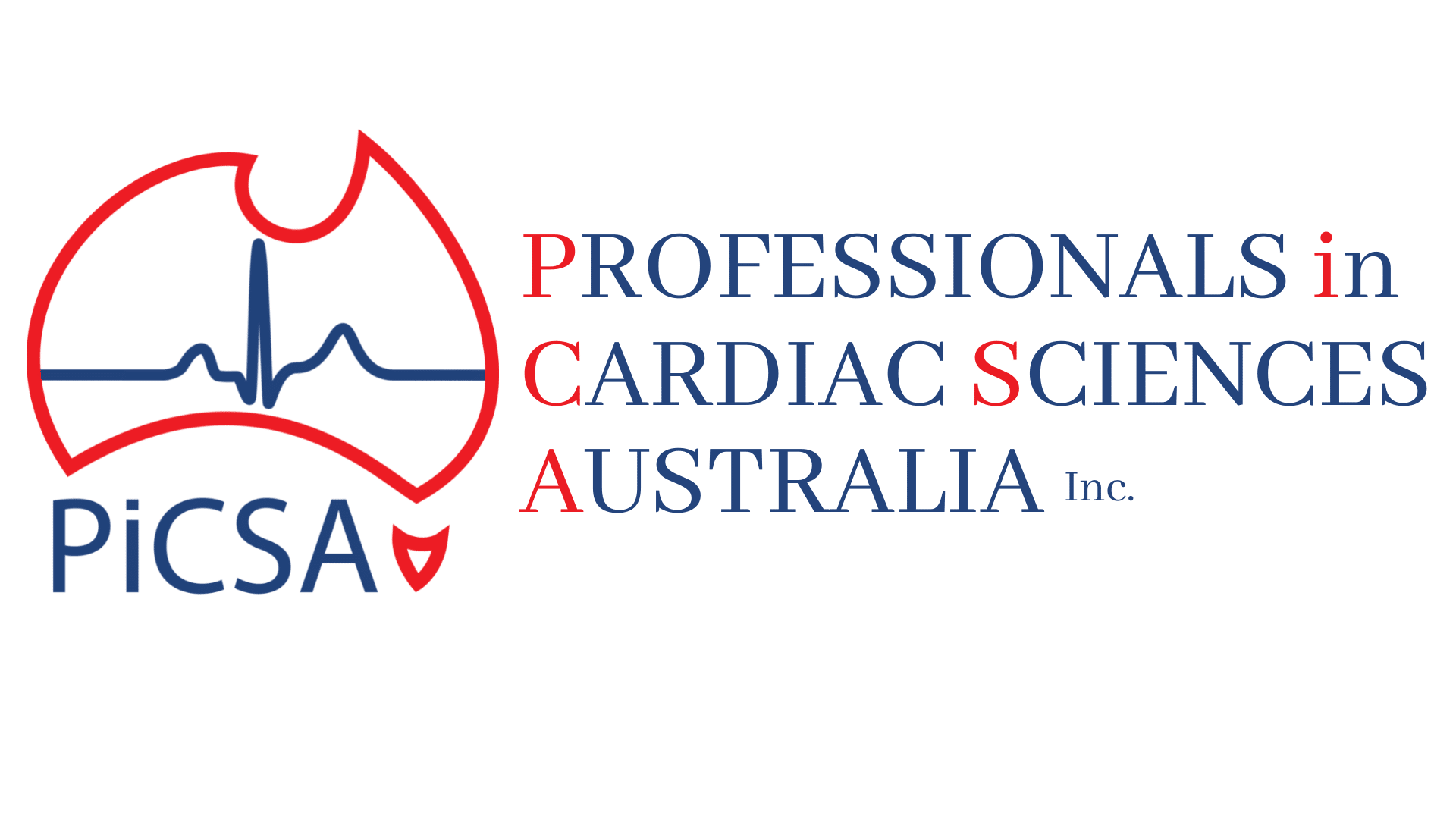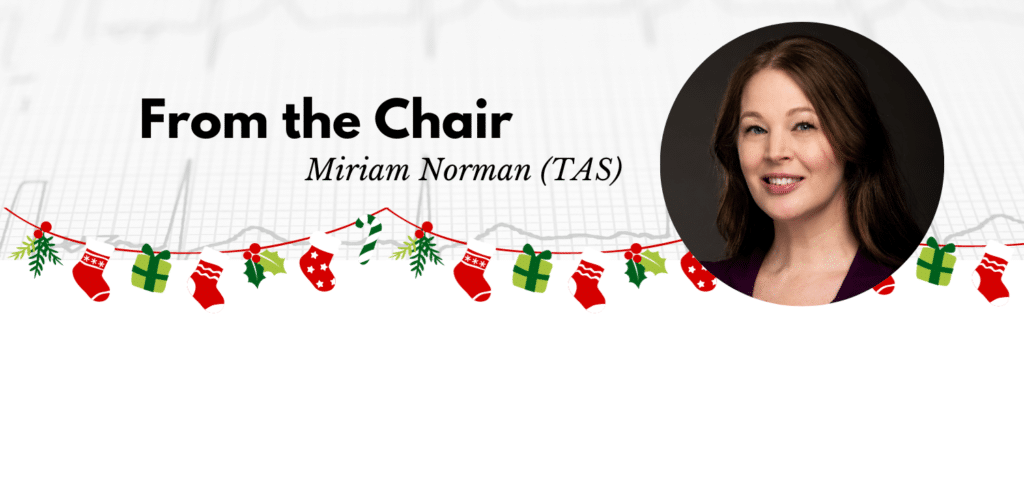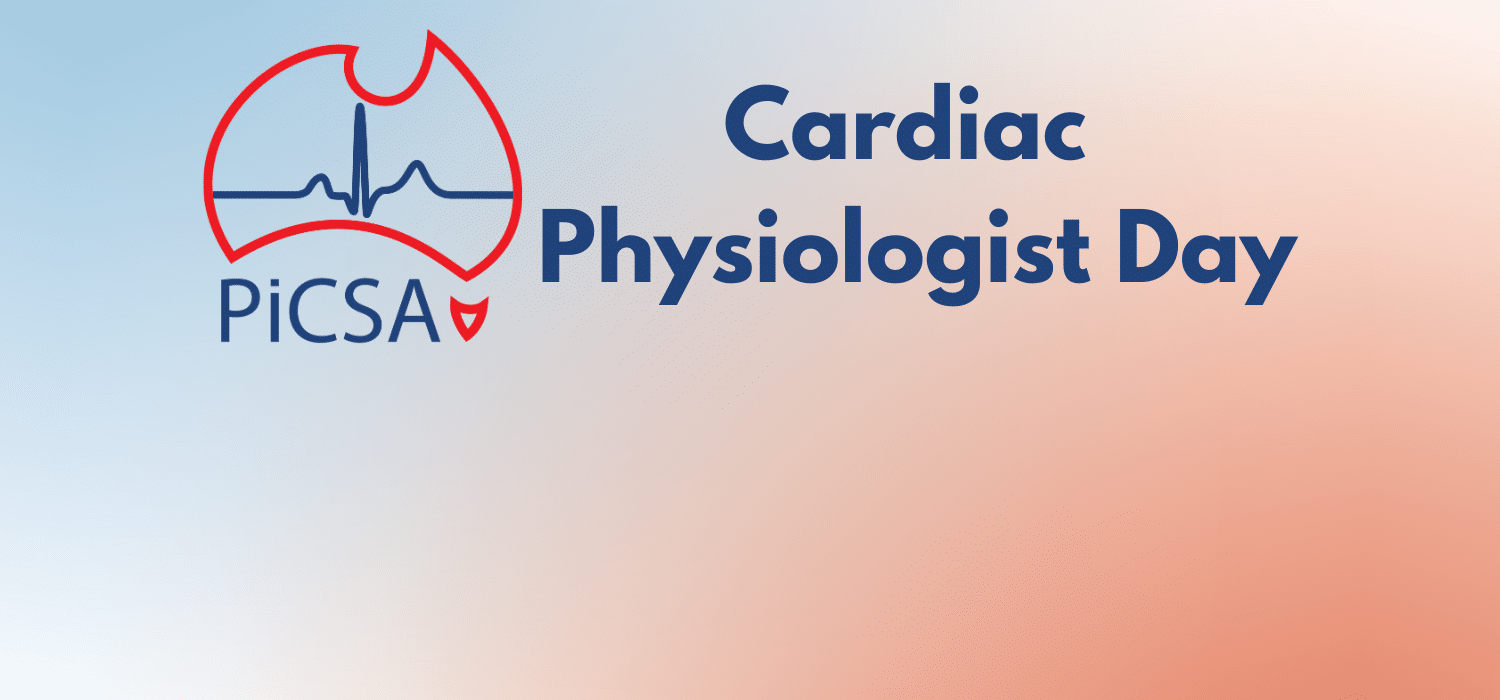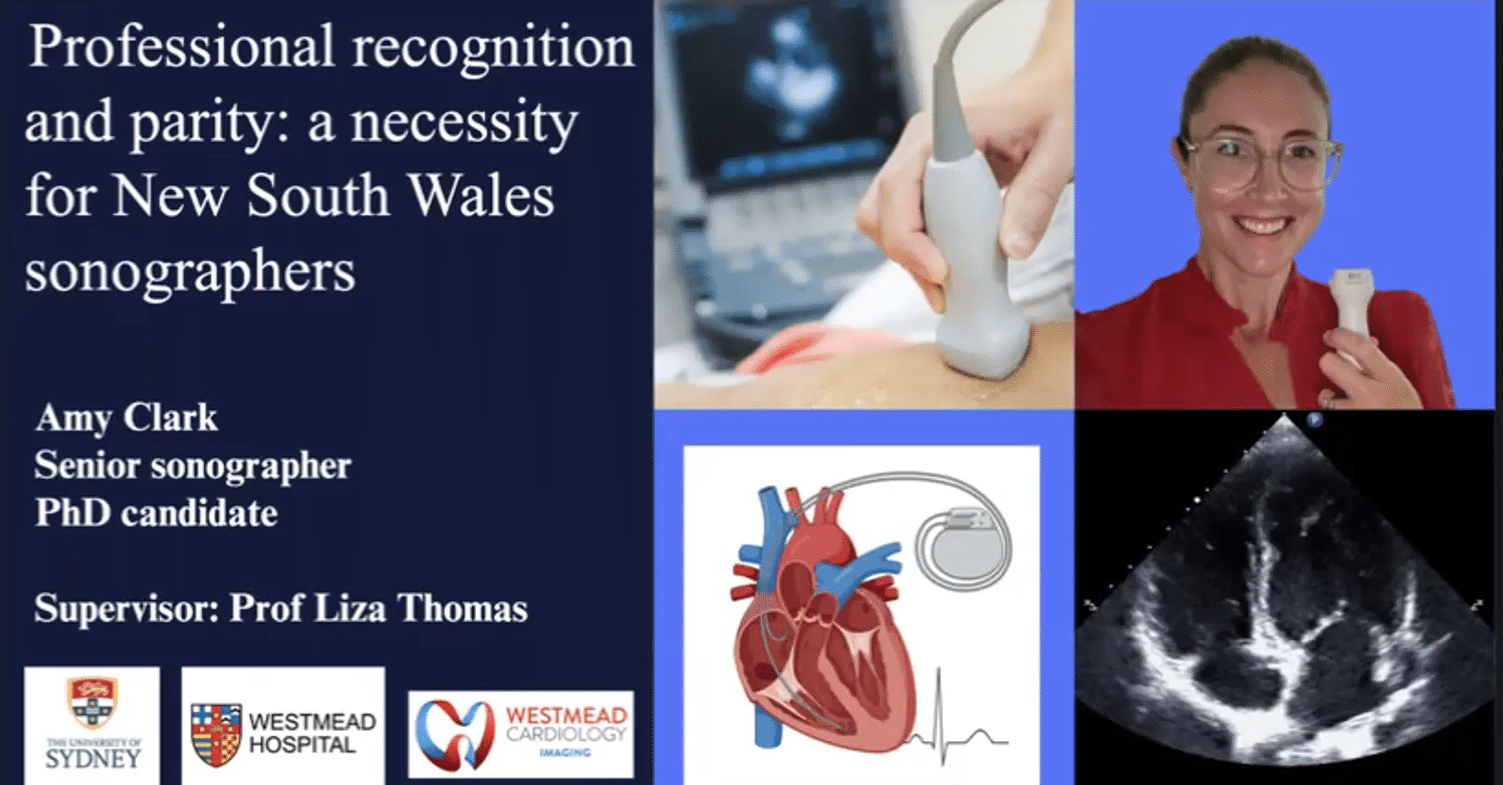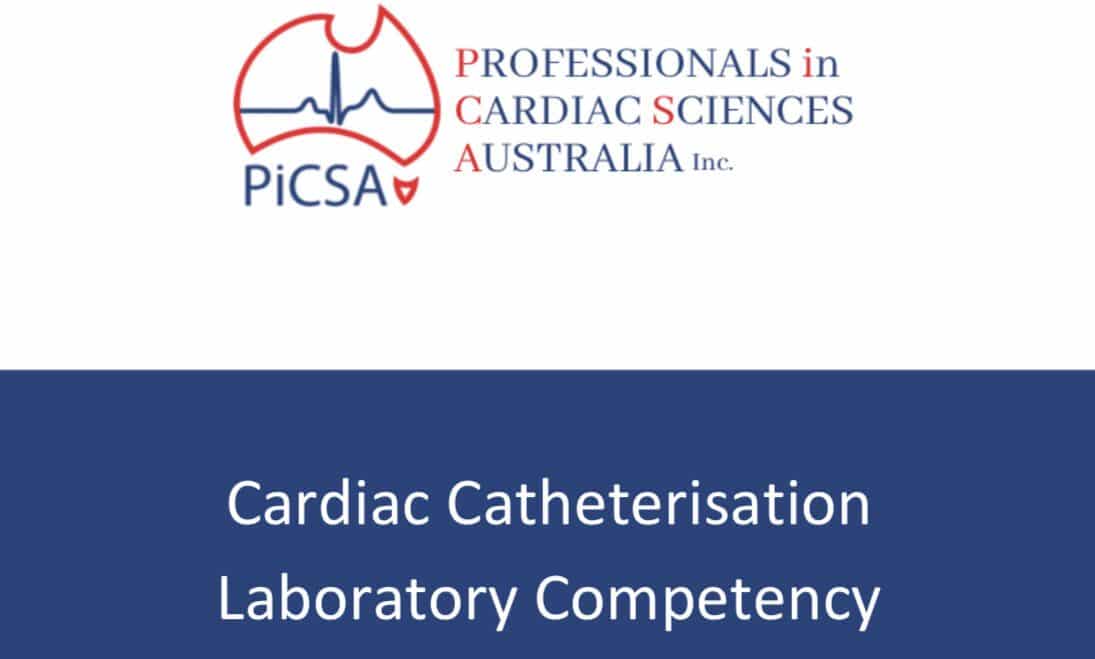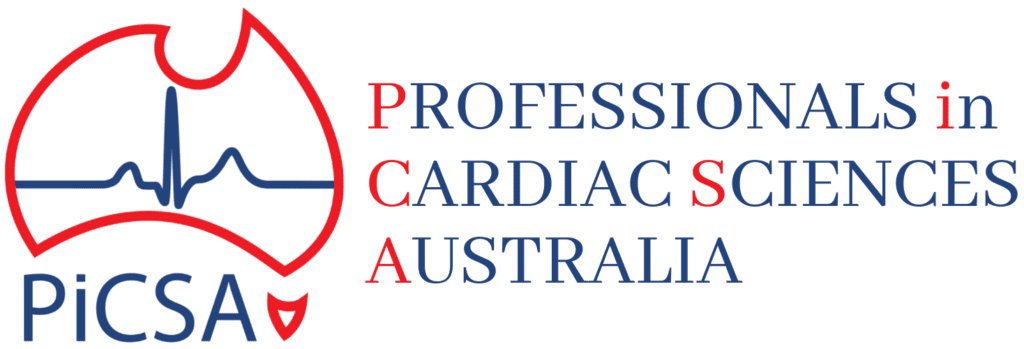My personal engagement with Professionals in Cardiac Sciences Australia (PiCSA) began in 2013 when I reflected on my professional journeys towards separate qualifications in Echocardiography and Cardiac Devices. Working across both these highly advanced modalities, I was struck by dangerous disparities between the two, and I felt compelled to advocate for change:
Echo required student registration, >2 years of post-graduate study, an extensive logbook (2000 cases for the then Diploma of Medical Ultrasound), and more than 5 examinations. After completion of the qualification, I had ongoing registration and CPD requirements. This was for a diagnostic role, and somebody else would be double checking my scans and rewriting my reports for the rest of my career.
In contrast:
Cardiac devices required no registration, no qualification, no formal assessment of competency, and no ongoing CPD. This was for a therapeutic role in an arena of swiftly evolving technology. No one would be routinely checking my work, and if I made a mistake, I could kill someone.
I have since learned that even Echo has a long way to go before it reaches the level of regulation that other allied health professions enjoy (such as optometry and chiropractic). PiCSA is making a difference, but it has been slow going. In my remaining time on PiCSA’s board, I am determined to see substantial advancements.
As we approach the end of 2023, it is a good time to reflect on the year’s collective achievements. PiCSA has supported members with seminars and newsletters and advocated for better recognition and regulation.
We actively opposed a proposed prosthesis funding model that could limit the autonomy of cardiologists in the private sector from directly hiring staff or utilising non-industry affiliated providers. This model, biased towards unnecessary labour substitution, goes against established international guidelines.
It was disheartening that the funding proposal positioned industry and non-industry Cardiac Physiologists in opposition. We’ve strived to publicly recognise and value the essential role of industry-employed Cardiac Physiologists, encouraging their greater voice within PiCSA.
I have invited more direct involvement from the MTAA, CSANZ and other bodes, emphasising PiCSA’s openness to welcome representatives from other organisations as advisors or appointed board members so that we better can coordinate our efforts and avoid working at cross-purposes in the future.
There’s no doubt that PiCSA’s focus on visibility, advocacy and education continues to be critical. The broader healthcare community are gaining a better understanding and appreciation of the Cardiac Physiology profession. We strongly advocate for the accreditation and registration of every Australian Cardiac Physiologist through the ACCP and/or ASAR, emphasising the need for mandated registration for patient safety and acknowledgment of our training.
Proposed reforms to our “Entry and Career Pathway” document aim to improve education standards and promote equitable remuneration. To be finalised in early 2024, this document will have significant implications for employers and benefit existing and aspiring Cardiac Physiologists.
In 2024, we envisage a revised constitution, refined scope of practice documents, and increased collaboration with other professional organisations.
I extend my gratitude to the many contributors to PiCSA in 2023. Recognition is due to former chair Dean Metwally, the PiCSA board and the Professional Standards Committee for their unwavering support. Thanks to our clinical advisors, newsletter authors, volunteer speakers, affiliate organisations, and members for your invaluable contributions and feedback.
Special appreciation to CSANZ, Uni of Melbourne, and industry sponsors for their involvement in our first CIED masterclass event in November. To Lee Nedkoff (chair of CSANZ Allied Health, Science and Technology), your attention and interest are truly appreciated. To our affiliates—the ACCP, ASA, CEPIA, CPIP, SHDA, CPOZ, Cardioscan, and others—your support has been indispensable, and I eagerly anticipate our collective achievements in 2024.
Wishing you a safe and joyous festive season. I look forward to our continued collaboration in the coming year, as we persist in improving, recognising, and advancing Australia’s Cardiac Physiology workforce.
Warm regards,
Miriam
